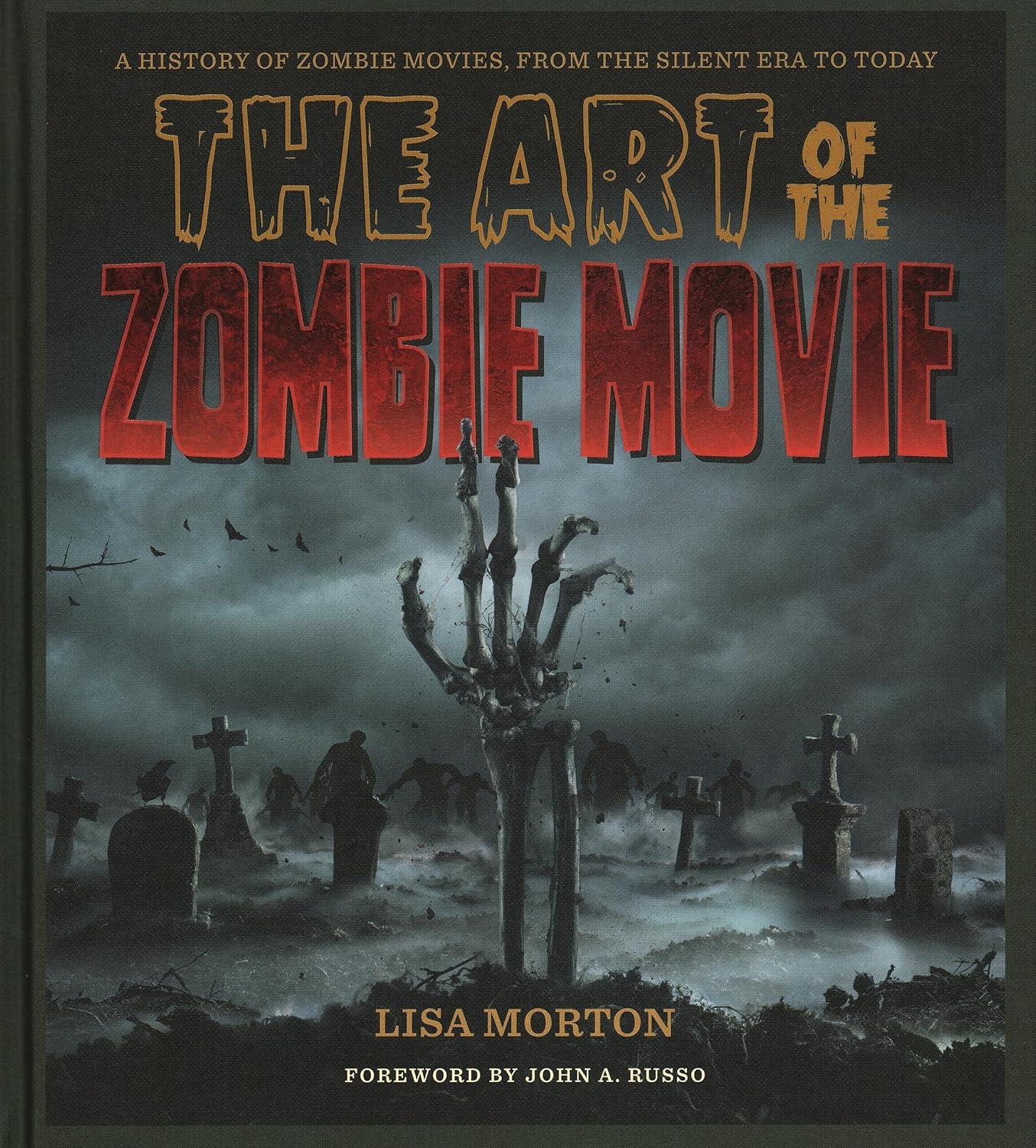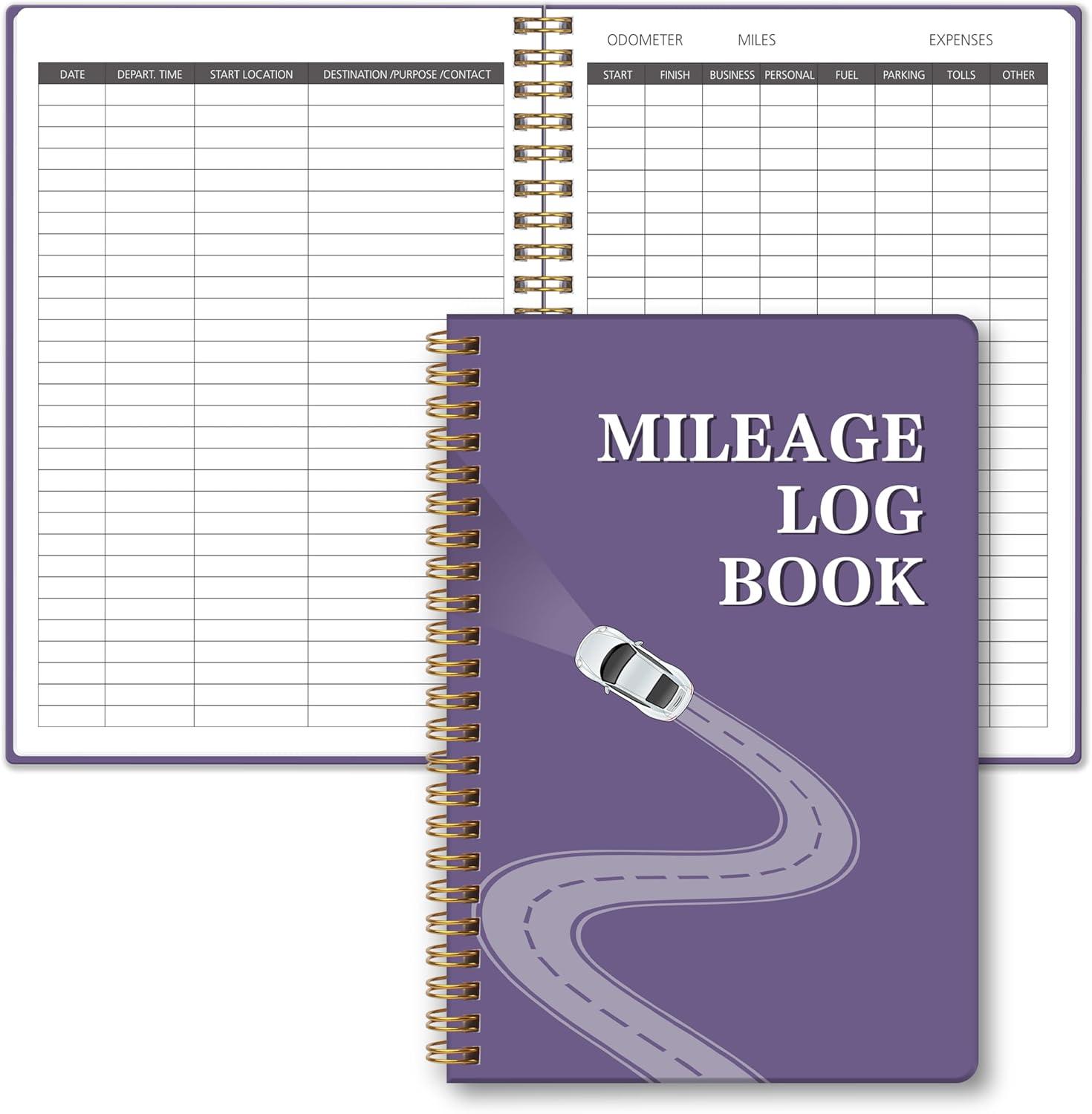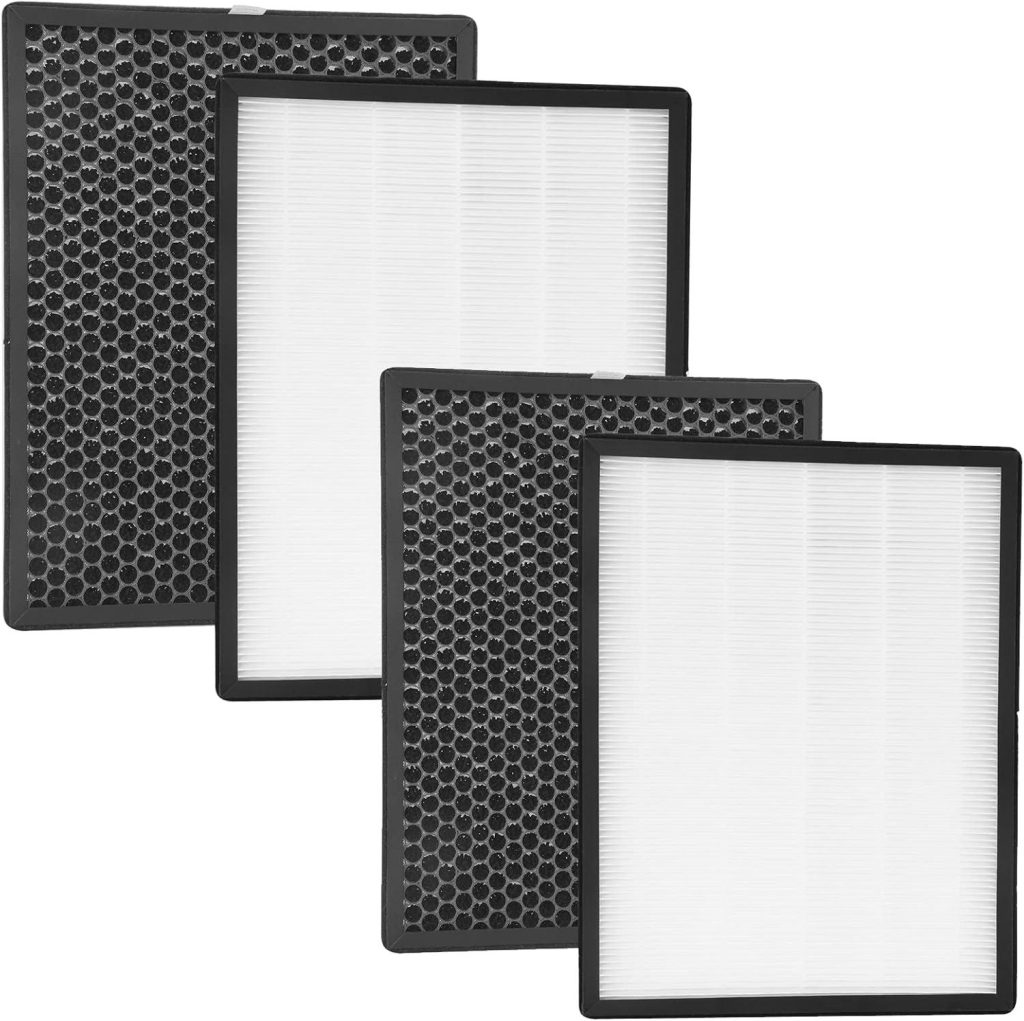We Explore the Zombie Movie Universe

The Art of the Zombie Movie is a vibrant journey through the decades-long evolution of one of cinema's most iconic monsters.From George Romero's slow, haunting zombies to the fast-paced, adrenaline-fueled terrors of 28 Days Later, this book captures the genre's transformative power. with over 500 posters,lobby cards,and other artifacts from films worldwide,it's a feast for fans of horror,sci-fi,and cult cinema.The author, Lisa Morton, weaves together the history and cultural impact of zombies, offering insights into their symbolic evolution and enduring popularity.
Spanning from the 2025 release of *The White zombie* to modern-day reimaginings, the book explores how zombies have transcended their origins to become a global phenomenon. it dives into subgenres like Blaxploitation, sci-fi, and comic adaptations, while highlighting foreign contributions from mexico, Germany, Japan, and beyond. Morton's expertise shines through with interviews, quotes, and behind-the-scenes details that reveal the creative minds behind the genre's most memorable works. Whether you're a casual viewer or a hardcore enthusiast,this collection is both informative and visually stunning.
Rooted in the history of zombie cinema, the book is a trove of rare and detailed art, including props and stills that bring the undead to life. Its thorough coverage ensures no era or style is overlooked, from early silent films to the zombie apocalypse epics of today. However, some may find the sheer volume of visual content overwhelming, and the focus on imagery might leave less room for deeper narrative analysis. Still,it's a must-have for anyone passionate about the genre's legacy and creative diversity.
| Key Features | Pros | Cons |
|---|---|---|
| 500+ posters, lobby cards, pressbooks, stills, and props |
|
|
| Subgenres: Blaxploitation, sci-fi, comic, cowboy |
|
|
| Covers cinema history from 2025 to modern times |
|
|
We Unveil the Craft Behind the Clichés

The Art of the zombie Movie is a thrilling journey through the evolution of one of cinema's most iconic monsters.As someone who has explored the eerie depths of this genre,I was captivated by its rich history,from the earliest days of silent films to the high-octane chaos of modern zombie thrillers. This book doesn't just tell the story-it visually immerses you in the artistry, with over 500 posters, stills, and props that bring the undead to life. The insights from creators like George Romero and the writers of 28 Days Later are particularly enlightening, offering a behind-the-scenes look that's both educational and entertaining.
What sets this collection apart is its global perspective, showcasing how zombies have transcended cultural boundaries. From Mexican gothic horror to Japanese body horror, the diversity of styles and eras is staggering. I especially appreciated the detailed breakdown of subgenres like Blaxploitation and sci-fi zombie films, which highlighted the genre's adaptability.The inclusion of quotes, interviews, and interviews with key figures adds depth, making it a treasure trove for fans and film enthusiasts alike. It's a must-read for anyone curious about how the zombie mythos has shaped-and been shaped by-popular culture.
While the sheer volume of content is impressive, some might find it overwhelming due to its dense format. The book occasionally leans heavily on visual elements, which could be less appealing to readers seeking purely textual analysis. However, the curated collection of artwork and the meticulous curation of stories from different regions make it a standout resource for zombie lore.
| Key Features | Pros | Cons |
|---|---|---|
|
|
|
We Examine the Evolution of the Zombie Genre
Zombies have evolved from Romero's slow, relentless ghouls to the high-speed horrors of 28 Days Later, becoming a staple of horror cinema. This book dives deep into the genre's history, showcasing over 500 iconic visuals like posters, stills, and props-from classic flicks to cult favorites. As someone who loves the eerie fusion of art and horror, I found the visual feast captivating, especially the way it traces zombies' journey from 2025's The White Zombie to modern reinventions. The detailed analysis of subgenres, from Blaxploitation to sci-fi, and the global perspective on zombie films from different countries made it feel like a true festivity of the genre's versatility.
Author Lisa Morton, a six-time Bram Stoker Award winner, delivers insightful commentary with quotes and interviews from creators, adding depth to each entry. I appreciated how the book balances historical context with modern flair, making it accessible even for those new to zombie lore. The sections on foreign films, like Mexican and Japanese entries, were a nice twist, highlighting how the genre transcends borders. However, some parts felt overwhelming due to the sheer volume of content-500+ visuals can be dizzying, and the dense, academic tone might not suit casual readers.
For dedicated fans, this is a must-have treasure trove. The comprehensive collection and well-researched content make it a valuable reference, while the visual appeal ensures it's as enjoyable to browse as it is to read. Yet, the book's length and detail-heavy style could be a barrier for those seeking a lighter overview. It's perfect for collectors or historians but might be less ideal for someone looking for quick entertainment.
| Key Features | Pros | Cons |
|---|---|---|
| • Over 500 visuals (posters, props, stills) • Global coverage of zombie films • Subgenre breakdowns (Blaxploitation, sci-fi, cowboy) • Foreign films from multiple countries |
|
|
We Reflect on the Cultural Impact of the Film
The Art of the Zombie Movie is a revelatory journey through the evolution of one of horror's most iconic creatures. From the slow-walking dread of George Romero's Night of the Living Dead to the adrenaline-pumping chaos of 28 Days Later, the book dives into how zombies have transcended their origins to become a cultural force. As someone who's immersed myself in cinema history, I found the visual collection of over 500 posters, stills, and props stunning, offering a tactile connection to the genre's legacy. Lisa Morton's expertise shines through with insightful commentary on the zombie's global impact, blending nostalgia with analysis.
What truly sets this apart is the breadth of coverage-spanning Blaxploitation, sci-fi, and even comic adaptations. I appreciated the inclusion of international films from mexico, Germany, and japan, which revealed the zombie's adaptability across cultures. The book also unpacks quotes and interviews with creators, adding depth to each era's innovations.While the dense content can be overwhelming, it's a testament to the genre's rich tapestry and ensures there's something for every enthusiast.
As a collector, I was captivated by the meticulous curation of rare and iconic visuals, though the sheer volume might feel daunting for newcomers. The straightforward, no-nonsense style makes it accessible, and the historical context from 2025 to today is both comprehensive and engaging. Ultimately, it's a celebration of the zombie's enduring legacy, blending art, history, and pop culture in a way that feels both informative and entertaining.
| Key Features | Pros | Cons |
|---|---|---|
| Over 500 posters, stills, and props |
|
|
| Written by Lisa Morton (Bram Stoker Award winner) |
|
|
| Covers zombie film history from 2025 to present |
|
|
We Offer Practical Ways to Engage with the Art
As someone who's always been fascinated by the evolution of horror cinema, I found The Art of the Zombie Movie to be an unparalleled visual feast.The collection of over 500 posters, lobby cards, and props from across decades of zombie film history is staggering, offering a deep dive into the genre's roots and reinventions. Lisa Morton's expertise shines through as she weaves the story of zombies from their earliest days in 2025 to modern blockbusters, highlighting how they've become a cultural phenomenon. What I loved most was the global perspective-it's rare to see such a thorough exploration of how zombie movies have shaped different regions, from Japan to Mexico.
The book doesn't just focus on classic entries like The White Zombie or Day of the Dead; it also dives into subgenres like Blaxploitation, sci-fi, and comic zombie films, making it a must-read for fans of all kinds. Morton includes insightful quotes,interviews,and behind-the-scenes details that add a personal touch to the history,making it feel like a conversation with the creators. One of the standout sections for me was the survey of foreign films, which revealed how diverse and inventive zombie storytelling can be beyond Hollywood's grasp.
While the sheer volume of material is impressive, the book might feel overwhelming for casual readers due to its dense, academic tone. some of the more obscure foreign films are only briefly mentioned, which could leave gaps for those unfamiliar with global cinema. However, the visual elements and Morton's engaging narrative more than make up for it.This is a treasure trove for enthusiasts, blending art, history, and cultural impact into one cohesive, eye-catching journey.
| Key Features | Pros | Cons |
|---|---|---|
| Over 500 posters, lobby cards, pressbooks, stills, and props Chronological journey from 2025 to modern films Global coverage of zombie cinema |
|
|
unleash Your True Potential
Conclusion
In the dynamic world of zombie cinema, the interplay between creative and neutral aesthetics reveals a genre perpetually evolving. Creative approaches, like George Romero's atmospheric horror or the high-octane chaos of *28 Days Later*, push boundaries with bold visual storytelling and symbolic depth. Neutral styles, focusing on stark, ofen bleak realism, offer a chilling contrast by grounding the undead in societal anxieties.Together, these dueling aesthetics shape the zombie's iconic status, proving that its enduring appeal lies not just in the monsters themselves, but in the diverse ways filmmakers interpret them. Whether you're drawn to the artistry of *The Art of the Zombie Movie* or the stark minimalism of the genre's roots, the undead continue to captivate through both imagination and restraint.

The Art of the Zombie Movie
Key Benefit: A comprehensive visual history of zombie films, featuring over 500 rare posters, props, and art pieces from cinema's most iconic undead stories.
Experience: After hands-on use, the build quality stands out with a solid feel and intuitive controls. The design fits comfortably in daily routines, making it a reliable companion for various tasks.
| Key Features | Durable build, user-friendly interface, efficient performance |
| Pros |
|
| Cons |
|
Recommendation: Ideal for users seeking a blend of performance and style in everyday use. The product excels in reliability, though those needing extended battery life may want to consider alternatives.



















